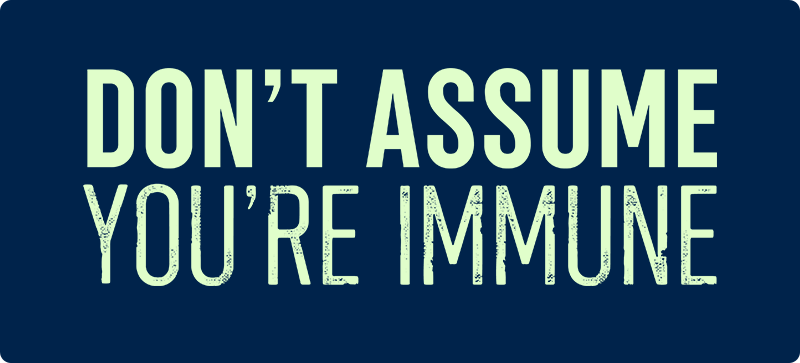

Immunisation plays a crucial role in safeguarding our health by protecting us from serious infectious diseases and providing lasting defence against some illnesses. There are many diseases that can be prevented using vaccines.
Vaccines protect against infectious diseases that can be serious and even fatal.
Immunisation is a process where your body develops immunity to diseases through vaccination, allowing it to fight off infections.
Immunisation protects you from serious diseases before you encounter them. It uses your body’s natural defences to strengthen resistance against specific illness. Should you encounter the disease in the future, your immune system recognises it and responds quickly to prevent severe illness.
Immunisation significantly reduces the likelihood of contracting the disease you’ve been immunised against. Even if you do get sick, your illness will likely be milder, and your recovery faster compared to someone who has not been immunised.
Vaccines are medicines (which are usually injected) made from weakened or inactive forms of bacteria or viruses to induce immunity against infectious diseases.
When a vaccine is given, it triggers an immune response in your body. This protects you if you come into contact with strains of that disease again in the natural environment.
Vaccines help your body develop immunity by imitating an infection. We come into contact daily with people in many different settings, for example at schools and shopping centres, and during this contact it is easy for infectious diseases to be transmitted.
The greater number of people vaccinated, the less risk of people becoming infected and spreading the disease to others.
In Australia, all vaccines must be rigorously tested and assessed by the Therapeutic Goods Administration (TGA) and meet high standards before they can be registered and approved for use.
The TGA also assesses the quality of every batch of vaccine before it can be supplied in Australia.
After vaccines are given to people, their safety continues to be monitored using passive and active surveillance.
Vaccines are like other medicines and can have side effects. Vaccines registered for use in Australia provide benefits that greatly outweigh any risk. Severe side-effects from vaccines are rare and common side effects are usually mild and short lasting.
Find out more about vaccine safety.

Immunity from vaccination is better than ‘natural’ immunity because vaccines cause immunity without causing disease. Catching a disease can protect someone from catching it again. However, it can make them seriously ill in the process. Many vaccine-preventable diseases can have serious effects and even be fatal.
By immunising yourself and your child, you're not only safeguarding your family but also your community. For many infectious diseases, when a significant proportion of a population is vaccinated, the disease is unlikely to spread, creating herd immunity.
There are five key reasons that immunity from vaccines is better than natural immunity:
When a significant proportion of people in a community have become immune to a specific disease through immunisation, people who are still susceptible to the disease are less likely to come into contact with someone who is carrying the infectious agent.
If enough people are immunised, it is possible to protect most of the community from the disease. This is called ‘herd immunity’. If you have good herd immunity (at least 95 per cent are immunised), then even those who are not able to be immunised, for example very young infants, or people with medical conditions, are protected from the disease.
Some members of our community cannot receive vaccines. People who can’t protect themselves with vaccination include some of the most vulnerable in our community—for example, babies who are too young to have vaccines, and people whose immune systems are weakened by medical conditions or who are having treatments like a bone marrow transplant.
Vaccination is the best way to establish herd immunity to protect these people. You can contribute to protecting these vulnerable individuals by ensuring you and your family stay up-to-date with vaccinations.
Some people believe that community immunity eliminates disease, so vaccines are no longer needed. However, if vaccination rates decrease, diseases can return very rapidly. This will threaten every person who is not immunised.
Immunisation involves becoming immune to a disease after receiving a vaccine, while vaccination is the process of receiving the vaccine itself through an injection or oral drops administered by a healthcare professional.
Many health providers are involved in immunisation. You can learn more about vaccinations by consulting with your GP, community immunisation nurse, pharmacist, midwife, Aboriginal health practitioner or paediatrician. They can provide valuable insights and guidance tailored to your specific needs.